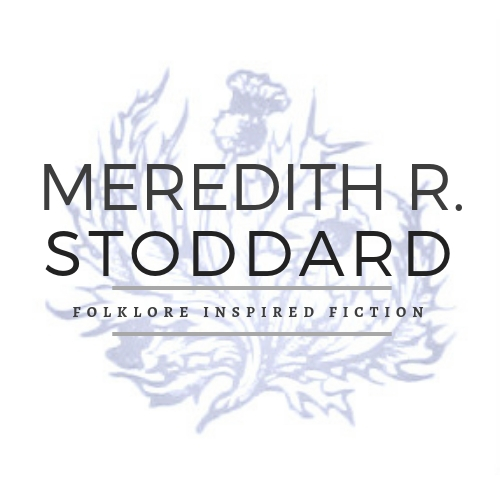One of the things that I love about the Outlander books is it's humanization of both the invented characters and those characters from history. Diana Gabaldon is a genious at creating characters that resonate with us because of their unavoidable humanity even for those characters who history may have built up to be larger than life.
In these books, dukes lust after stable lads, princes get bitten by monkeys and climb on roof tops, and kings feel free to risk poisoning people to settle arguments. At best, I'd say the highest levels of aristocracy as they are portrayed in the books come off just as human as the rest of us. In some cases, Charles Stewart comes to mind, their surety of their own exalted position becomes their biggest weakness. This brings us back to our song and it's lines:
Ye see yon birkie, ca'd a lord,
Wha struts, an' stares, an' a' that;
Tho' hundreds worship at his word,
He's but a coof for a' that:
For a' that, an' a' that,
His ribband, star, an' a' that:
The man o' independent mind
He looks an' laughs at a' that.
Luckily, we readers get to see those characters like Louis, Charles and Sandringham through the "independent minds" of Jamie and Claire. Being of independent mind they are able to show us the flaws in these characters. Claire especially reminds us that history books only provide two dimensions to these figures at best, It's up to the fiction writers to make these characters more than mere facts on a timeline, and I think the way that Gabaldon does this follows along the same sentiment as Burns's song. By that I mean that those who trumpet their own greatness or seek it out are less likely to actually BE great.
A prince can mak a belted knight,
A marquis, duke, an' a' that;
But an honest man's abon his might,
Gude faith, he maunna fa' that!
For a' that, an' a' that,
Their dignities an' a' that;
The pith o' sense, an' pride o' worth,
Are higher rank than a' that.
Which brings us back to Himself. Jamie doesn't seek those the trappings of power or wealth or even leadership. They are thrust upon him by circumstance when his older brother dies, and then when he's in Ardsmuir. He doesn't lead people because he wants power or position. He finds himself leading because he's a person that people trust. It's his honesty and his forthrightness that make people trust Jamie and want to follow him. It also helps that he's very observant and makes some pretty wise decisions. Even when he lies and he does, it's always to the benefit of those people he feels are relying on him whether that is his family, the people of Lallybroch, or the Ridge.
Eventually, Jamie does seek a leadership role when building the community at Fraser's Ridge, but even then he's not looking to build his own fiefdom. He wants to prove himself a "man of worth", by which he means a man of value to his community. He wants to reunite those men who he feels are/were his responsibility at Ardsmuir. He's also worried that he won't be up to the task. Hence the dream about his frantic efforts to crown a new King of Ireland at the beginning of The Fiery Cross.
"I was in charge o' the horse," Jamie informed me. "And everything went wrong. The man was too short, and I had to find something for him tho stand on. I found a rock, but I couldna lift it. Then a stool, but the leg came off in my hand. Then I tried to pile up bricks to make a platform, but they crumbled to sand..."
The dream is a prime example of Jamie's worthiness. He doesn't even put himself as the king subconsciously. Instead he puts himself in the role of the person responsible for making sure everything works smoothly and reveals his fear of failure. His earnest insecurity coupled with his desire to be valuable to his community shows that he has precisely the "pith o' sense and pride o' worth" that Burns was writing about.
Jamie displays these traits not just when he's Laird of Lallybroch or the landlord of the Ridge. He shows that kind of leadership even when he's penniless and in prison. It doesn't matter if he's dressed for the French court or in rags. He's a worthy leader wherever he goes.
What though on hamely fare we dine,
Wear hoddin grey, an' a that;
Gie fools their silks, and knaves their wine;
A Man's a Man for a' that:
For a' that, and a' that,
Their tinsel show, an' a' that;
The honest man, tho' e'er sae poor,
Is king o' men for a' that.





